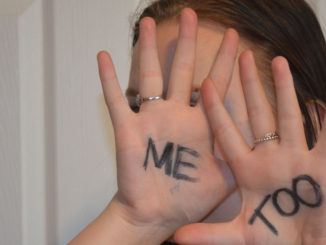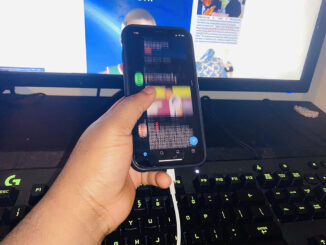The #MeToo movement empowered women all around the globe, and has shone light into a dark corner.
Jessie Dobbin
Kicker
Recently, on social media there has been a flood of posts with only two words, “me too.”
The #MeToo movement came to prominence in early October after a number of actors accused Harvey Weinstein, an American film producer, of sexual misconduct.
According to an article on CNN, the #MeToo movement exploded when actress Alyssa Milano tweeted a note that read “Suggested by a friend: If all the women who have been sexually harassed or assaulted wrote “Me too” as a status, we might give people a sense of the magnitude of the problem.”
Tarana Burke began the movement 10 years ago, but Milano’s tweet made it go viral.

Pam Frampton, an editor and columnist for The Telegram, says social media is designed to make it easy for people to share things with others and “it’s great for getting a message to spread like wildfire.”
But, she says, there are dangers.
“It is so easy to disseminate a message on social media,” said Frampton. “A negative message can be seized upon and spread, without the person forwarding it along bothering to ascertain whether the message is factual or not.”
Lynn Moore, a sexual assault lawyer in Mount Pearl, says one-in-three women are sexually assaulted and the danger lies in not having campaigns to bring these issues to the forefront.
“Sexual assault flourishes in silence, in secrecy, and in shame,” said Moore. “That’s how men have been able to get away with sexually abusing people for years, they ask women to shut up and to not talk about it.”
Moore believes the danger is when people don’t talk about it.
And, she says, when it comes to naming assailants online, legal action can be taken if the statement is not true.
“There is a law of defamation and there’s liable and slander, one is spoken, one is written,” Moore said. “So, when you write something about someone that damages their reputation and it’s not true then you can be sued. But, if it’s true, that’s a complete defense.”




Be the first to comment